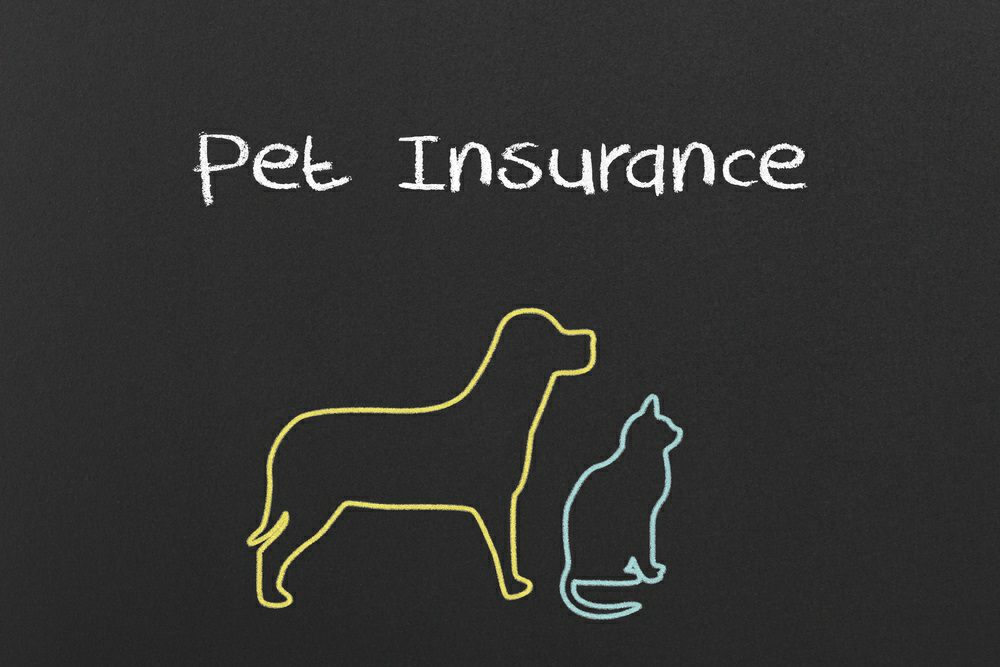Business Insurance: Protecting Ventures and Ensuring Stability
In the dynamic landscape of commerce, entrepreneurs invest substantial time, effort, and resources into their businesses. From startups to established enterprises, every business faces a myriad of risks that can potentially disrupt operations and lead to financial losses.
Business insurance emerges as a critical tool in mitigating these risks, offering protection and stability. This comprehensive exploration delves into the concept of business insurance, its various types, the benefits it offers, and the potential disadvantages to consider.
Understanding Business Insurance
Business insurance is a specialized form of coverage designed to safeguard businesses from a range of risks and uncertainties. It provides financial assistance in the event of unexpected events, such as accidents, property damage, legal liabilities, and other contingencies that could negatively impact a business's operations and bottom line.
Just as individuals secure insurance for their health, vehicles, and homes, businesses can obtain insurance to protect their assets, employees, and overall viability.
Types of Business Insurance
Business insurance comes in several forms, each tailored to different types of risks and industries:
1. General Liability Insurance: This foundational coverage protects businesses against third-party claims of bodily injury, property damage, or personal injury. It helps cover legal fees, settlements, and medical expenses resulting from such claims.
2. Property Insurance: Property insurance covers physical assets such as buildings, equipment, inventory, and signage. It provides compensation for damages caused by events like fires, theft, vandalism, and natural disasters.
3. Business Interruption Insurance: This coverage assists businesses when they are temporarily unable to operate due to events like fires or natural disasters. It helps cover lost income, ongoing expenses, and the costs of relocating or operating from an alternate location.
4. Professional Liability Insurance: Also known as Errors and Omissions (E&O) insurance, this type of coverage protects professionals, such as doctors, consultants, and lawyers, against claims of negligence, malpractice, or errors in their services.
5. Workers' Compensation Insurance: Mandated in many jurisdictions, workers' comp provides benefits to employees who are injured or become ill while performing their job duties. It covers medical expenses, rehabilitation costs, and a portion of lost wages.
Benefits of Business Insurance
1. Risk Mitigation: One of the primary benefits of business insurance is the mitigation of risks. By transferring potential financial losses to an insurance provider, businesses can continue their operations with reduced concern about unforeseen events.
2. Legal Protection: Business insurance offers legal protection by covering legal expenses and settlements in the event of lawsuits. This includes claims from customers, employees, or third parties who allege harm or negligence.
3. Business Continuity: Insurance, particularly business interruption coverage, ensures that a business can continue to function even after a significant disruption. This is crucial for maintaining customer relationships and financial stability.
4. Employee Well-Being: Workers' compensation insurance not only protects businesses from legal liabilities but also ensures that employees receive the necessary support and compensation in case of work-related injuries or illnesses.
5. Reputation Management: Some insurance policies offer coverage for public relations and reputation management expenses. This is valuable in situations where a business's reputation is at stake due to an adverse event.
Disadvantages of Business Insurance
1. Cost of Premiums: While business insurance provides valuable protection, the cost of premiums can be a significant consideration. Premiums can vary based on factors such as industry, location, and the extent of coverage.
2. Coverage Limitations: Some business insurance policies have coverage limits, meaning that certain losses or damages might not be fully compensated. Business owners should carefully review policy terms to understand the scope of coverage.
3. Complexity of Policies: Business insurance policies can be intricate, with various terms, conditions, and exclusions. It's essential for business owners to thoroughly read and comprehend policy documents to avoid surprises during claims.
4. Claim Processing Delays: Depending on the insurer and the complexity of the claim, the processing of insurance claims can sometimes be lengthy. This delay could impact a business's ability to recover quickly after an adverse event.
Choosing the Right Business Insurance
Selecting appropriate business insurance requires careful consideration of the specific risks your business faces. Consulting with insurance professionals and understanding the unique needs of your industry are essential steps in finding the right coverage. It's important to strike a balance between coverage breadth, affordability, and your business's financial capacity.
Conclusion
In conclusion, business insurance serves as a crucial asset in the toolkit of any entrepreneur or business owner. It offers protection against a diverse range of risks, ensuring business continuity and stability. However, the decision to invest in business insurance should be made after careful analysis of the costs, coverage limitations, and potential complexities.
Ultimately, the goal is to strike a harmonious balance between safeguarding your business's interests and maintaining financial viability in an ever-changing business landscape.








